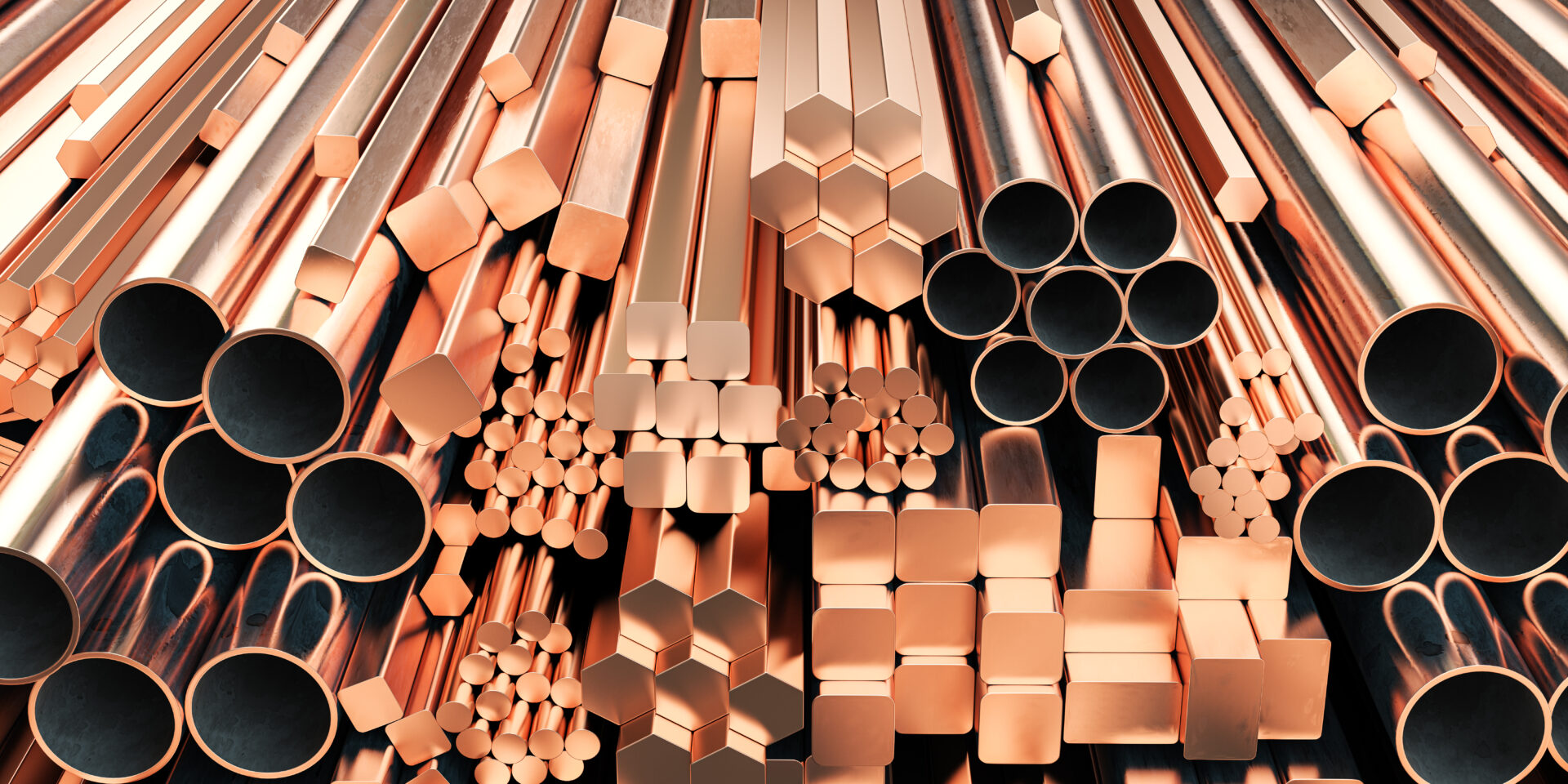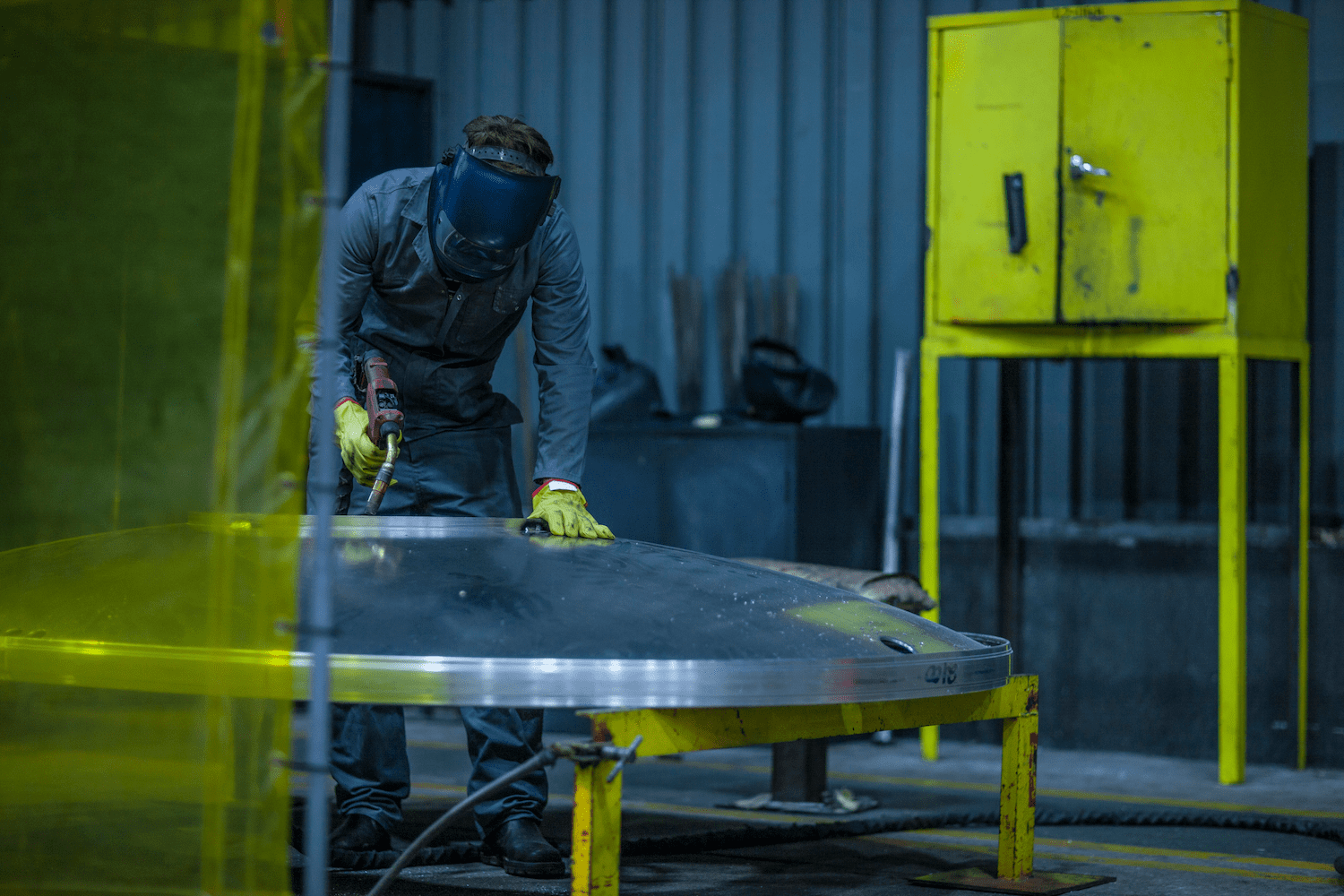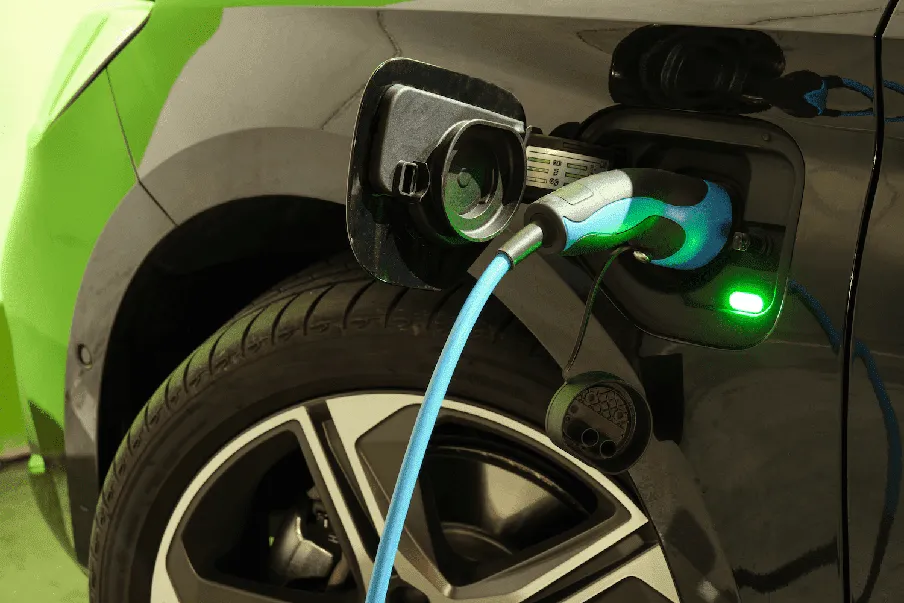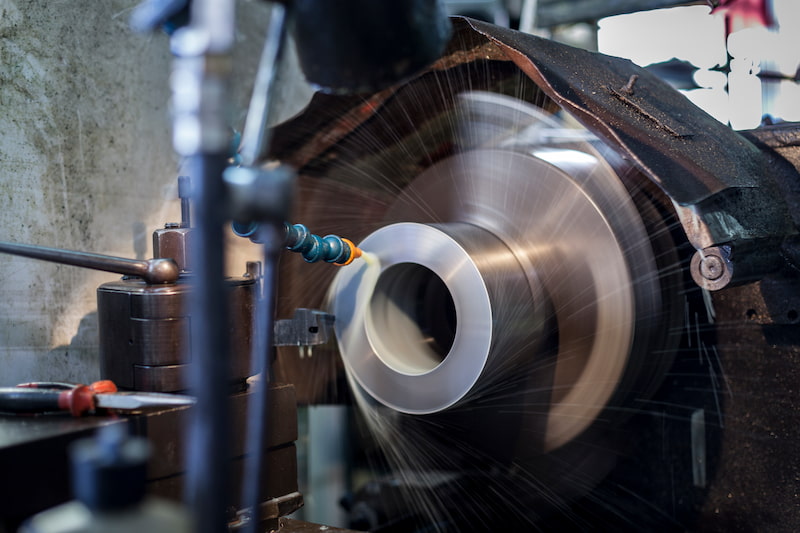
Metal turnings and grinding turnings tend to pile up over time. If not disposed of promptly, it can easily overwhelm the facility.
When trying to find ways to save your business money, you need to look at your entire process. One part of the process that you can cut costs is your waste disposal. Instead of paying an excessive amount to dispose of your metal turnings, turn to recycling for a cost-effective and environmentally-friendly option.
What Are Turnings?
As part of your manufacturing process, you are generating scrap metals. When machining metal to create your product, you cut away excess material to reveal your desired form. This is also known as the “subtractive manufacturing process.”
This is done through three main processes; drilling, turning, and milling.
- Drilling- This process is usually done with a twist drill where the drilling cuts out the scraps
- Milling – This process involves the tool rotating to remove the excess material
- Turning – This process is when the tool rotates the metal while moving in a linear motion.
The excess metals, also known as “turnings” that these processes create, end up piling up in the warehouse leading to lots of clutter.
Disposing Turnings
So what do you do with these scraps?
Many businesses try to take shortcuts by dumping their turnings into landfills. While they think this option is helpful, it ends up costing them and the environment.
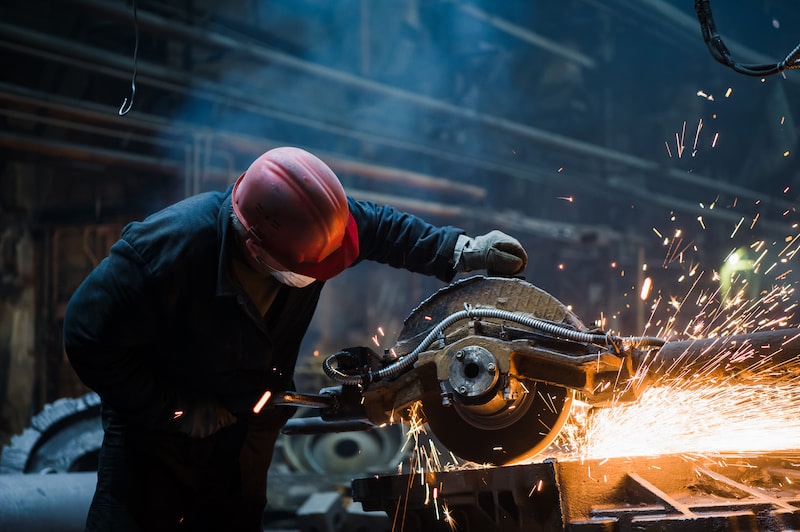
Cost of Disposal
The biggest problem with disposal? It costs a fortune.
Disposing of your turnings can end up costing your business a lot of money, greatly affecting your revenue. When disposing of metals, you have to pay for disposal and transportation costs.
With our environment suffering from waste, legislators have mandated an increase in disposal costs for manufacturers.
While these expenses may seem small, they quickly add up when you have to rent a dumpster or vehicles, pay for labor, and pay disposal fees.
Environmental Impact
The Environmental Research & Education Foundation (EREF) president says there’s only a little under 60 years before we run out of space at all landfills.
As space dwindles, you can expect prices to soar due to demand.
On top of the cost of disposing of your scraps, there is also a negative impact on the environment.
Luckily, this timeline increases with the rise of recycling, leaving more space in landfills for other waste.
By recycling your scrap metal and keeping them out of landfills, you can help to reduce the negative impact on the environment. Recycling can help cut down greenhouse gas emissions like carbon dioxide and reduce air pollution.
Recycling scrap metal also helps to preserve natural resources and reduce demand for mining new ore. Mining is very invasive and causes many environmental issues like destroying wildlife habitats, contamination, and sinkholes.
Recycle Turnings
What is Scrap Metal Recycling?
Recycling scrap metal is when you collect turnings and other metal scraps produced while manufacturing and then melt them down to be reused.
Popular types of metals that are recycled include:
- Aluminum
- Iron
- Steel
- Tin
- Copper
- Brass
When collecting these scraps, it is essential to be careful when handling them. Always wear protective clothing like gloves and safety goggles.
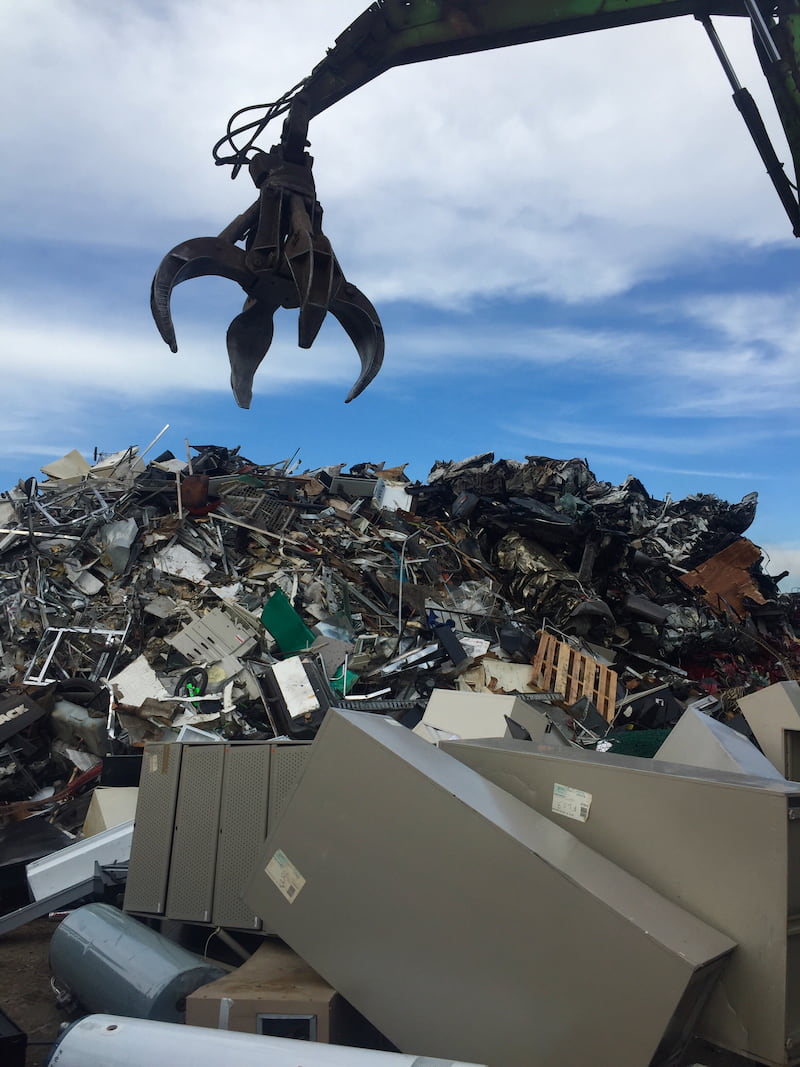
Cut Costs
Containers for any situation are available for rent and shipping. Smaller companies can bring their scraps to our Daytona or Orlando Florida facilities or our Michigan facilities in Melvindale and Warren and cut down on disposal costs.
If you are a medium to large business, you can cut back on transportation costs with our hauling services. We own our own fleet of trucks and have partnerships with independent carriers to help you secure regular transportation.
Reduces Cost to Purchase Metals
By recycling your scraps, you are making it cheaper to buy metal in the long run.
Making metals from scratch is a costly process involving mining which makes them very expensive. Recycled materials cost a lot less to manufacture and therefore are sold at a cheaper rate.
When you recycle your scraps, you do not have to worry about price fluctuations because you always make sure there is a metal supply.
Tax Benefits
Manufacturers can get tax benefits for using recycled metal and trying to reduce waste.
For example, some states will give you property tax exemption when you recycle your waste and tax credits for using recycled material. They also offer property sales; depending on the state, they may receive income tax incentives for bing recycling equipment depending on the state.
One way they do so is by offering a tax credit for the deprecation of recycling machinery. Check with your tax professional to see if you qualify for any benefits.
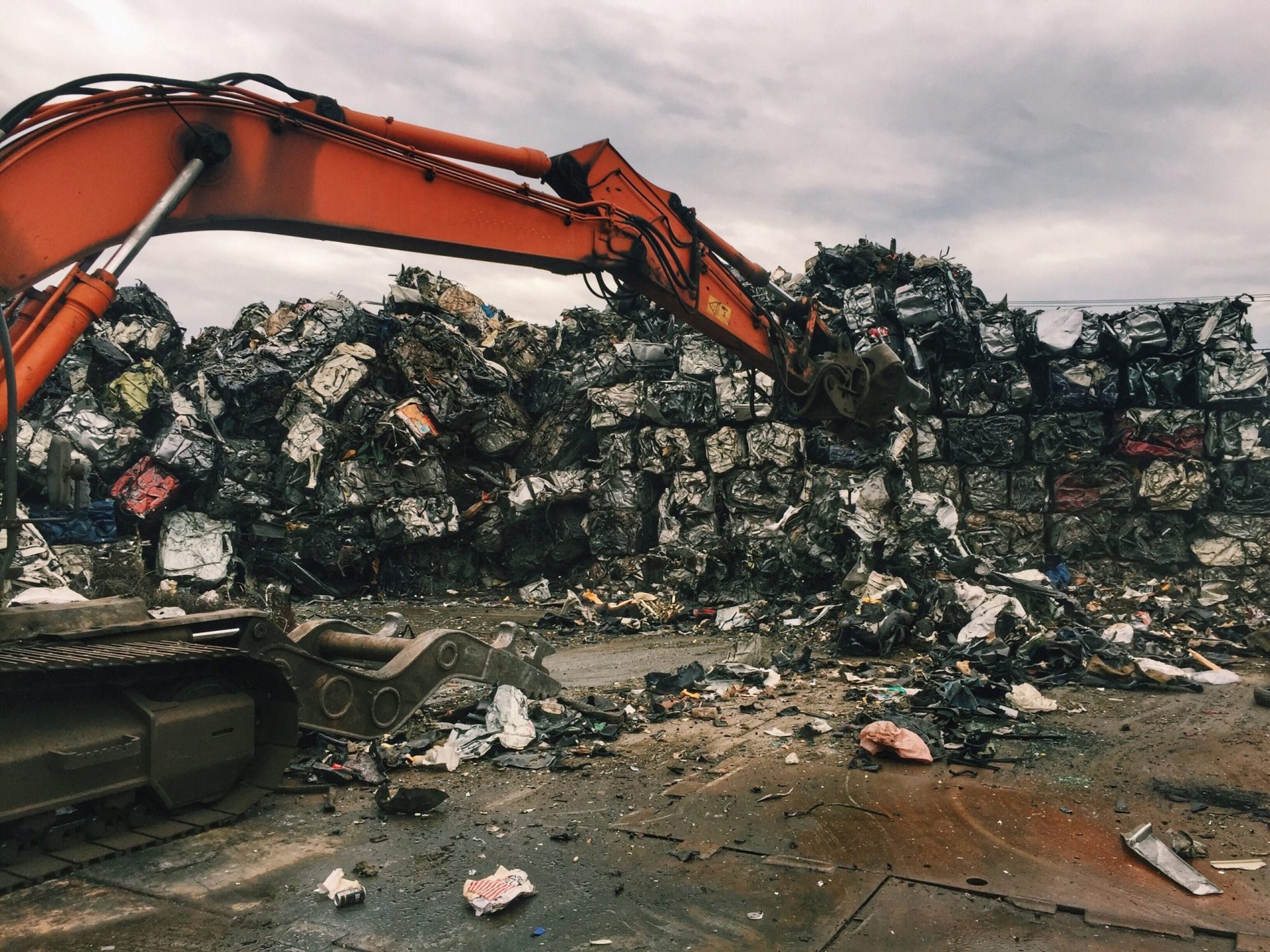
Work with GLE Scrap Metal Today
When running a business, you look for any way to save money. By recycling your metal turnings, you can save money and use them in other parts of your business.
GLE Scrap Metal uses our expertise and experience to make your recycling process effortless and cost-effective so your manufacturing operations can see a true transformation. We follow the highest standards and recycler procedures to ensure your metal is being processed safely and in an environmentally conscious manner.
Fill out our Quick Form to request a quote, or call GLE Scrap Metal today at 855-SCRAP-88 to learn more.

